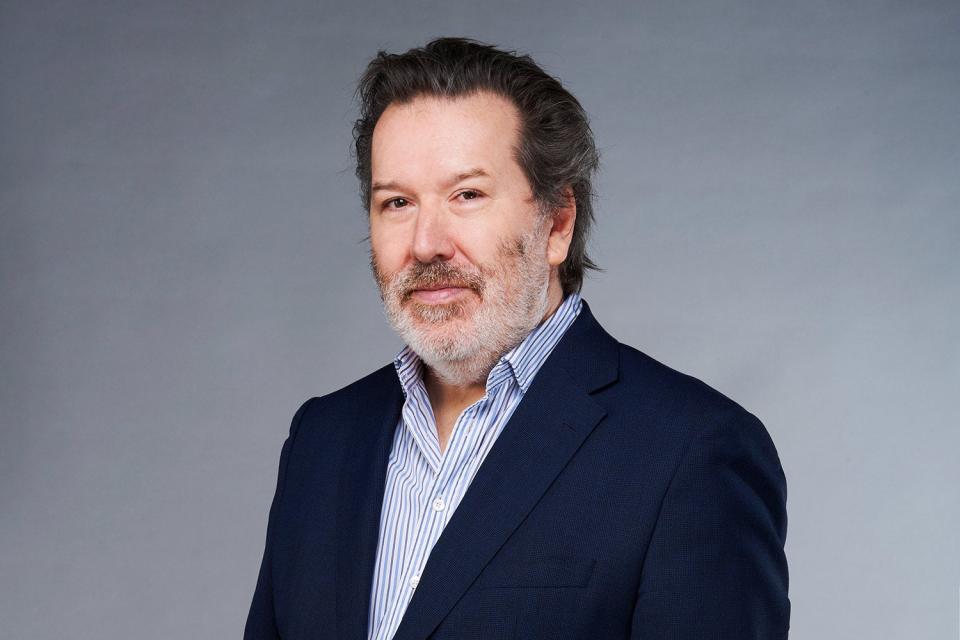The humble sausage threatens to undo all the G7’s public bonhomie

If the G7’s leaders are to be believed, we’re going to “build back better”. Post-pandemic, the world will be greener, fairer, stronger and, in the curious language of our own Prime Minister, more “feminine”. All of which sounds rather marvellous. Unfortunately, G7 commitments have a habit of unravelling even before the ink has dried. And this time — whatever the charms of Carbis Bay, St Ives and the Eden Project — threatens to be no different.
To be fair, this may be the first occasion in the G7’s history that the humble sausage threatens to undo all the public bonhomie (Her Majesty was doubtless on to something when she enquired “are you supposed to be looking as though you’re enjoying yourselves?” during the Eden Project photoshoot). If our leaders were served sausages at breakfast, there’s a good chance that, by teatime, they would have been suffering from indigestion, undermining any thoughts of a charm offensive involving scones and clotted cream.
Until now, British companies producing sausages and other chilled meats in England, Scotland or Wales have been free to sell their produce either fresh or frozen to enthusiastic sausage eaters in Northern Ireland. If the Northern Ireland protocol signed as part of the Brexit deal is to be upheld, that all changes on 1 July. Thereafter, all sausages heading across the Irish Sea will have to arrive frozen. It’s an extension of rules already applying to tasty Cumberlands exported to, say, Catalonia or Calabria. Unlike Northern Ireland, however, Spanish and Italian regions are not part of the United Kingdom. In effect, the protocol leaves Northern Ireland with one foot in the UK and the other in the European Union.
This odd outcome reflects demands made on both sides of the Brexit negotiations. Keeping an open border between Northern Ireland and the Republic preserves the spirit of the Good Friday agreement. Forcing Northern Ireland to stick to EU agricultural standards reduces the risk of substandard meat and veg being smuggled across a non-existent border between Northern Ireland and the Republic (and, thus, into the Single Market). And, from a Brexiteer’s perspective, the protocol prevents the whole of the UK from being trapped indefinitely in an EU-led customs union. It was always, however, an awkward compromise. And with the deadline for the end of what might loosely be called the “sausage extension” fast approaching, relations between the UK and the EU are in danger of jumping out of the frying pan and into the fire. From the EU’s perspective, the UK is threatening to renege on a key part of the original Brexit deal by unilaterally continuing to send fresh sausages to Northern Ireland beyond the middle of the year. From the British government’s point of view, the EU is deliberately undermining the sovereignty of the United Kingdom. If the worst comes to the worst, we’ll end up with a trade war and a collapse in trust all because of differing views regarding the six-month “grace period” between leaving the EU and the end of fresh sausages sales across the Irish Sea. From the EU’s perspective, the grace period was simply designed to provide time to adjust to the agreed rules. Britain, instead, has treated the grace period as an opportunity to kick a particularly awkward can further down the road. Amid all of this, there’s a strong sense that someone, somewhere, is telling porky pies.
Like many other divorces, Brexit was always likely to lead to frictions. Trust was already at a low ebb. The UK’s demand to “take back control” was likely to bump into the EU’s “rules-based” approach eventually. The only oddity is that the humble sausage has proved to be the catalyst.
Under these conditions, building back better is going to be rather tricky. Still, there is hope. The G7 will be rescuing the rest of the world with its stockpile of unused vaccines. The US is taking climate change seriously once more. “Levelling up” reflects a growing recognition that the forces of populism will be thwarted only if those regions “left behind” are given new hope. As for Britain, even if trade relations with our near neighbours are fragile, there are still opportunities further afield. The free trade agreements signed with Norway, Iceland and Lichtenstein at the beginning of the month hopefully are only a taster for bigger deals to come. There’s more than one market in which we can trade bangers for cash.
Stephen King is HSBC’s Senior Economic Adviser and author of Grave New World (Yale) @kingeconomist
Read More
‘We must learn to live with Covid’ as WHO warns virus outpacing jabs
How Carrie Johnson went from consort to global power player
Could the G7 political WAGs have dressed a little less WAGish?

 Yahoo Sport
Yahoo Sport 





































